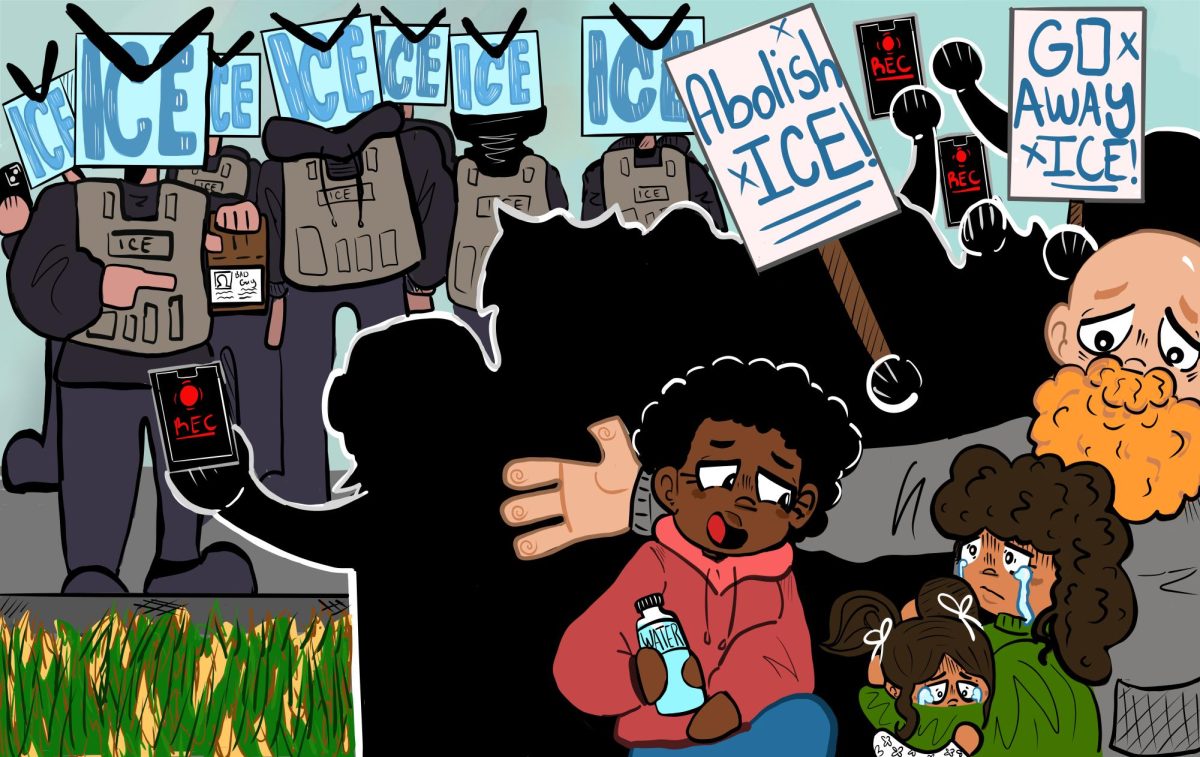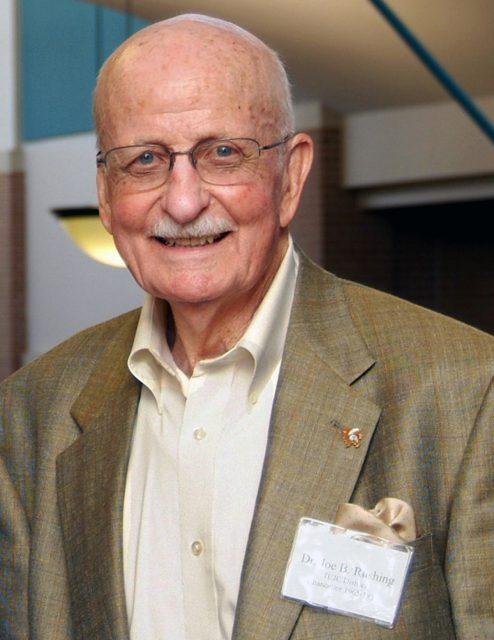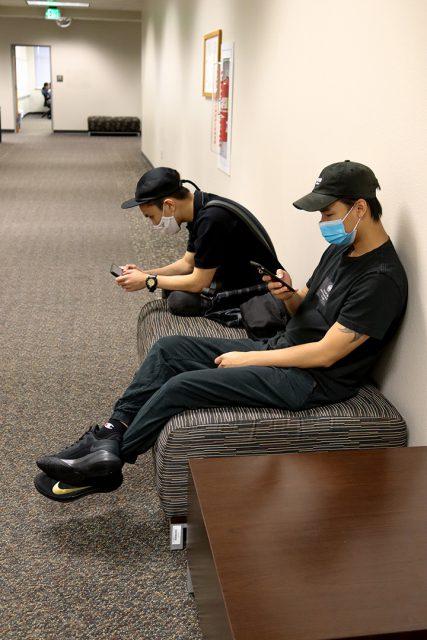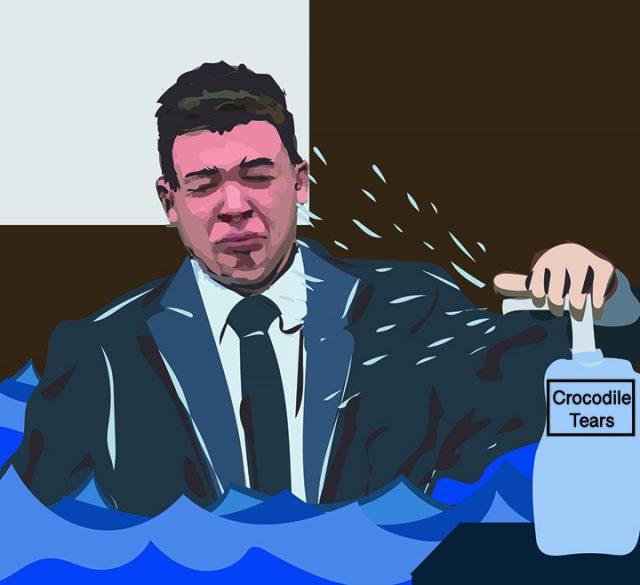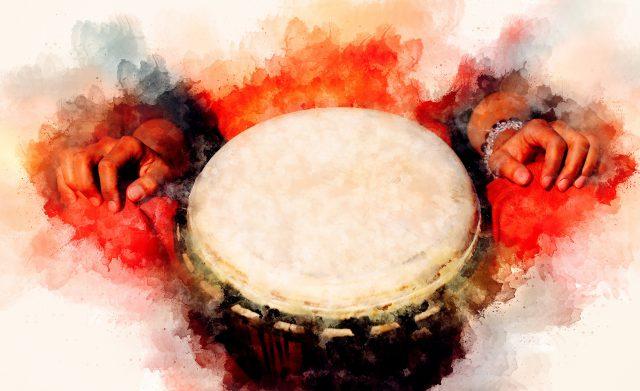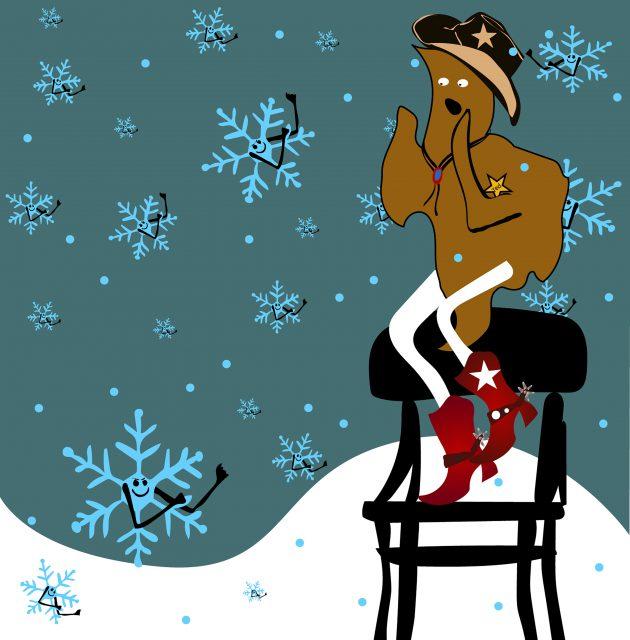
Unseen Histories
Washington D.C., DC, USA
Caption reads, “Civil Rights March on Washington, D.C. [Leaders of the march leading marchers down the street.]” Original black and white negative taken August 28th, 1963, Washington D.C, United States. Photographer unknown (The National Archives and Records Administration). Colorized by Jordan J. Lloyd. U.S. Information Agency. Press and Publications Service. ca. 1953-ca. 1978. https://catalog.archives.gov/id/542003
ALYSON OLIVER
campus editor
Black history should not be confined to the side-panels of history textbooks — students should know great African American heroes as well as they know Abraham Lincoln or George Washington, NE associate history professor Karen Wisely said.
“If you don’t know about Black history, you don’t really understand American history either,” TR dean of humanities Amy Gilley said.
Black History Month started as a week set aside for the acknowledgment of and education on Black history, she said.
Now it has grown into a month-long celebration of the contributions that Black people have made to American culture, she said.
A Black history professor named Carter Woodson, also known as the Father of African American History, commenced this growth, Wisely said.
In 1926, he suggested that there be a week dedicated to Black history, Wisely said.
The second week of February was set aside for this, as that is when Abraham Lincoln and Frederick Douglass’s birthdays fall, she said.
Carter felt it was important to recognize African Americans’ contributions — including those without celebrity status, Gilley said.
“He felt that history was made by people and not just famous people,” she said.
Now fast-forward to the ‘60s and ‘70s, during the time of the Civil Rights Movement.
Interest in Black history was alive among college students, Gilley said.
Thus, area studies in higher education were developed — Black, Hispanic and women’s studies, for instance. K-12 teachers took an interest in teaching Black history to their students, she said.
More writings and more events pertaining to the history of Black people were created, she said.
And in 1976, President Gerald Ford called for the first Black History Month, Wisely said. It has been celebrated every year since.
Each year the month has a different theme, she said.
This year’s theme is family, with a spotlight on representation, identity and diversity, she said.
The way people celebrate Black History Month has evolved over its lifespan of nearly a century.
It involves a greater number of formal events now, Gilley said, especially after Ford’s acknowledgment.
And while speeches and skits were common in the past, technology in the present allows for more creativity and an easier spread of educational information, NE assistant English professor Shewanda Riley said.
TCC hosts its own events for Black History Month, Wisely said.
For instance, the African American Read-In exists to celebrate the voices of Black writers, traditional or contemporary, NE assistant English professor Annette Cole said.
There have been on-campus events as well. The Celebrating Strides event at NE featured a collection of dance pieces such as African American Dance, tap, hip hop, swing and the Charleston, NE dean of humanities Linda Quinn said.
Gilley said Black History Month should bring about knowledge and awareness of the history, culture and accomplishments of Black people.
But it should go beyond that, too. Gilley said Woodson hoped that someday people would be educated enough that a specific time dedicated to Black history wouldn’t be such a necessity.
Historians should continue integrating Black history into school courses, Wisely said.
Including it in the main narrative of U.S. history — and not just tossing it into the side-panel — is essential, she said.
Riley said we should make an effort to honor Black people’s achievements, big or small, even once the month is over. They make history every day.
“We just have to open our eyes, ears and hearts to see them,” she said.











